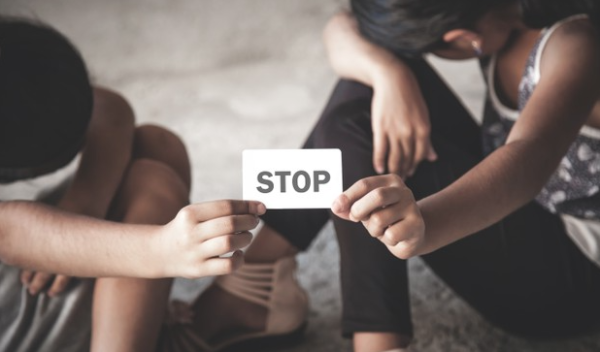Researchers at the Murdoch Children’s Research Institute found that exposure to stress and family conflict can have long-term consequences on children's health. Their study found that one in three children (and their mothers) experienced intimate partner violence or domestic abuse by the time these children turned ten. This causes a greater chance of emotional difficulties and behavioral problems, and affected language skills, sleep, blood pressure and asthma.
How can services and schools help?
Health services and schools need to be more involved in recognizing sigs of children's exposure to domestic violence.
Mothers’ health
Mothers who experienced intimate partner violence in the ten years after the birth of their first child were three to five times more likely to experience anxiety, depression and post-traumatic stress (PTSD) symptoms. They were nearly twice as likely to experience back pain and incontinence. In order to get help, there are a number of barriers that women have to overcome, ranging from shame, fear of condemnation, access to and cost of health services, discrimination, and cultural stereotypes.
Achieving the best possible outcomes
Although individual characteristics affect the resilience of children, a sense of support and belonging from the mother, extended family, school and institutions further bolsters their resilience.
- Se connecter ou s'inscrire pour poster un commentaire
- 155 vues






